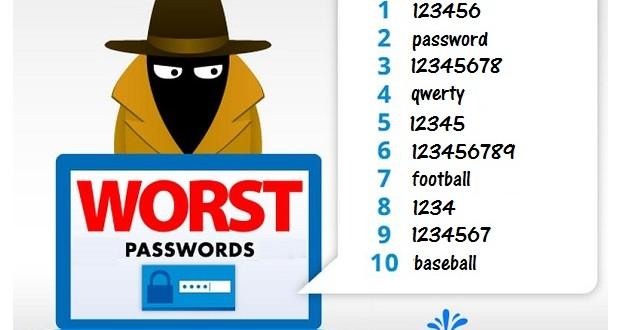The Washington Post, Sep 8, 2017
For years, computer users have been told they should have complicated passwords, including numbers, punctuation marks and other symbols, and upper- and lowercase letters. Despite those being hard to remember, people were told not to write their passwords down and were forced to make up new ones quite frequently. Users dutifully complied — by capitalizing the first letter of their passwords, adding a “1” or their birth year, or perhaps ending their password with an exclamation point.
Most people couldn’t actually remember lots of passwords, so instead they reused a small number of passwords over and over again. And when they were required to change their passwords, they changed that “1” to a “2” or added another exclamation point. These simple steps to deal with complicated passwords are so common that they actually make it easier for attackers.
As researchers into password security, my colleagues and I have known for years that most password advice was not actually based on scientific knowledge. To address this, we have been conducting experiments about the effects of password requirements on security and usability. The federal government recently changed its password recommendations in ways that echo some of our research findings.
Cracking the codeWe spent years modeling how different password-cracking approaches work to better understand how attackers guess passwords and to develop an accurate measure of password strength. People who are trying to break into online accounts don’t just sit down at a computer and make a few guesses. Many attackers have been able to steal the entire database of passwords from large companies. For example, this has happened to Yahoo, LinkedIn, Adobe, Ashley Madison and many others. The passwords at such sites are scrambled for security, so attackers have to make lots of guesses to unscramble them. But computer programs let them make millions or billions of guesses in just a few hours.
Read more here.
Secure your CountAbout account with MFA!

